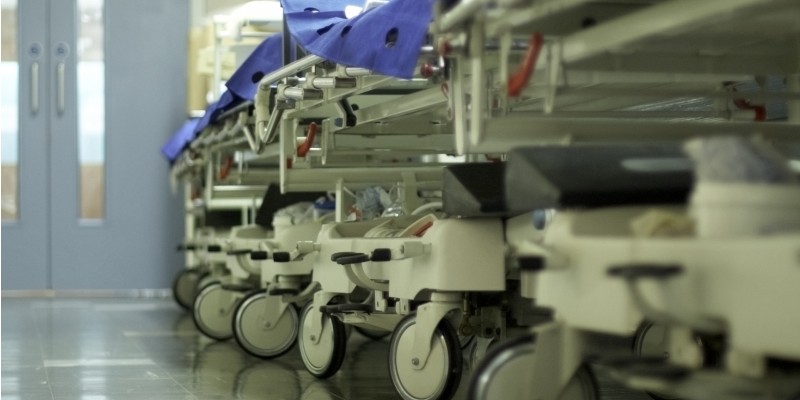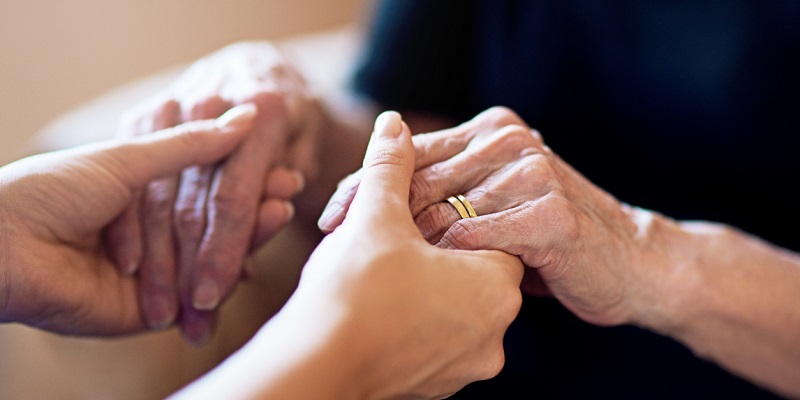News
COVID inquiry: nursing staff were put at risk as the voice of the profession was ignored
RCN said nursing staff were shut out from pandemic response, as we gave evidence about the inadequate provision of PPE and infection prevention and control guidance.

Connect with us:
The RCN has today (10 September) told the COVID-19 Inquiry that those representing the profession were effectively shut out from contributing to the pandemic response and key decision-making. Our repeated warnings about the spread of the virus and opportunities to protect nursing staff were either ignored or dismissed. We said there was a serious lack of critical thinking and engagement by the UK government and its agencies to consider the evidence around the airborne transmission of COVID-19.
We also said that without adequate and proper personal protective equipment (PPE), and training in its use in all care settings, nursing and midwifery staff were forced to “put their own lives, and potentially the lives of their families and patients, at risk.”
The public hearings for Module 3 of the COVID-19 Inquiry opened yesterday and will run until 28 November. We’re presenting evidence as a core participant, as the inquiry examines the impact of the COVID-19 pandemic on health care systems in the 4 nations of the UK. The focus is on the governmental and societal response to COVID-19 as well as dissecting the impact that the pandemic had on health care systems, patients and health care workers.
We have now made our opening submission and will present further evidence as the Inquiry progresses. Today RCN Counsel Fenella Morris KC said:
“There was a serious lack of engagement from the UK IPC cell and the College’s expectation was that stakeholders such as itself would be proactively engaged, especially given the seriousness of the situation in the development of guidance. “But as the pandemic progressed, its professional correspondence and offers to support were ignored and offers to meet were turned down. “The College expected that, given the fundamental role of the nursing profession, the guidance making bodies would want to engage with them. Nurses had unique expertise. This lack of engagement prevented the College from putting forward a practical and clinical rationale for amendments to guidance.” Rose Gallagher, who was RCN Professional lead for infection prevention and control during the pandemic, said: “Throughout the pandemic, the RCN regularly raised concerns and provided detailed evidence on how the virus was spreading and the need for greater, more specific protection. However, government agencies did not listen, undermining the pandemic response and the protection of health care workers, ultimately exposing staff to a dangerous, sometimes fatal disease.
“For many nursing professionals, the government's failure to listen is still being felt today. Long COVID has destroyed careers and caused serious financial hardship. The government must stop dragging its feet and classify COVID-19 as an occupational disease so that those impacted can receive financial support.
“At the heart of this is a need for all governments to learn lessons. Investing in a struggling nursing workforce is critical, as is a shift in culture towards one which listens to frontline clinicians.”
The way in which long COVID is being addressed is crucial. Despite most European countries and many countries globally classifying COVID-19 as an occupational disease, the UK government is yet to follow suit. Although this concern lies outside the remit of the Inquiry, we're calling on the government to classify long COVID as an occupational disease and we wrote to the UK government last year on this issue.
Take the opportunity to have your say: share your experience of working throughout the COVID-19 pandemic with Every Story Matters. There’s a separate listening exercise in Scotland where there is a nation-specific inquiry taking place. RCN members can also share experiences via our SenseMaker tool.











